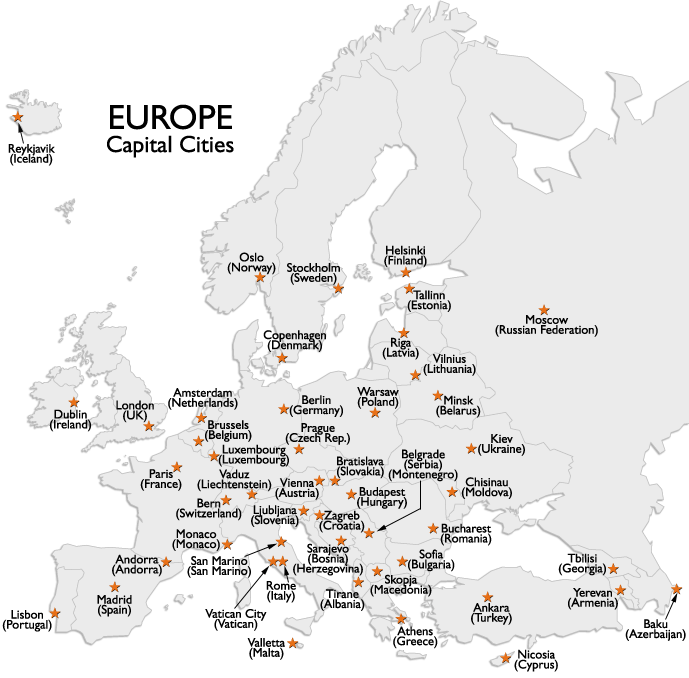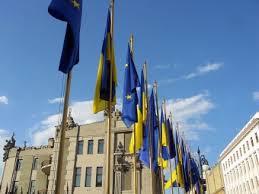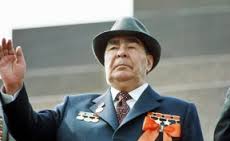Eric Pardo Sauvageot (EPS): Most observers are appalled at the course of events in Ukraine at the time of this interview: how far do you think Russia is ready to go in Crimea?
Andrey Makarychev (AM): Russia is definitely ready to turn Crimea into a political analog to Transnistria, Abkhazia and South Ossetia – break-away territories that Moscow can use for pressurizing disloyal governments. What the Kremlin for some reason fails to understand is that its support for separatism can bring only tactical success (forming a “belt” of Russian protectorates across its borders), but strategically only strengthens pro-EU and pro-Euro-Atlantic aspirations in Georgia, Moldova and nowadays Ukraine.
EPS: What strategy do you think should be taken by the European Union to defuse tension?
AM: Conceptually, the EU has to comprehend that what happens right now is not only about Ukraine and Crimea – it is about a major revision of the post-1991 international order. To me it is obvious that Russia will not limit its ambitions to Crimea – it will keep behaving even more aggressively playing the “Russian-speakers” card in the Baltic countries and using economic leverages against them (like blocking the Klaipeda port in Lituania, for instance). Therefore, there is no way to turn a blind eye on Putin or diminish the scale of what he is doing. Travel ban for the key Kremlin decision-makers and freezing their accounts would be a good start to take the situation seriously.
EPS: Before going back to Russia, please give us your opinion on how the European Union´s policy may have already influenced, be it positively or negatively on the situation in Ukraine?
AM: The EU never had a consistent policy towards Ukraine and wasted time during the “Orange government“. The policy of Ukraine’s Europeanization was mainly promoted by Central European and Baltic states, while “old” member states were not sure whether Ukraine is an asset or a liability. What might change the situation of indeterminacy is the scale of violence in Kyiv and the number of casualties – Europe simply can’t stay aloof pretending to ignore the fact that Ukraine is the only EU neighbor where dozens of people gave their lives for a European future of their nation. They did believe in EU as a “normative power“- perhaps more than many in the EU itself.
EPS: Concerning Russia again, what exact interests does Russia have here? Is it a matter of geopolitics, fear of contagion to Russia of what happened in Ukraine or just prestige?
AM: The concept of interest is always a matter of interpretations. I don’t see any Russian interest in invading Crimea, since this military adventure will end up with political isolation of Moscow, exorbitant economic losses and the evaporation of Russia’s soft power resources in the world. Yet people in the Kremlin perhaps have their own version of interest, which unfortunately boils down to militarily questioning the way how the Soviet Union was disassembled, along with such legal arrangements as the 1994 Budapest memorandum on international guarantees for Ukraine’s independence and territorial integrity. Putin’s characterization of the fall of the USSR as the greatest geopolitical catastrophe of the 20st century has to be understood exactly in this context, as well as his most recent remarks on Ukraine “not perfectly legal” separation from the Soviet Union. The annexation of Crimea and the threat of waging a military campaign in the rest of Ukraine marks a profound shift in Russian foreign policy philosophy – from a status-quo power to a revisionist one; from mainly non-ideological diplomacy to hyper-politicization and ideologization of the whole array of Russia’s international relations. And, of course, Putin clearly gave priority to imperial momentum over the building of efficient nation state.
EPS: One issue that may have remained unnoticed is the fear by Russia that a NATO expansion is reignited as a result both of changes in Ukraine and the approach of Georgia to the EU after the Eastern Partnership Summit in Vilnius last November. Do you think this may be a significant factor for Russia the same way it was in 2008 when war exploded in Georgia?
AM: I see it the other way around – it is Russia flexing military muscles who strengthens pro-NATO attitudes in Georgia and Ukraine (as well as in other countries – from Moldova to Sweden). So far the lack of reaction from Moscow to the renewal of negotiations between NATO and Georgia on Membership Action Plan attests to Russia’s unpreparedness to deal with this situation. Or perhaps Moscow still believes that since in 2008 at the Bucharest NATO summit it managed to get support from certain European countries for preventing bestowing MAP to Georgia and Ukraine, it would be able to block new attempts in the future. With Germany’s loyalty to the Putin regime and the US growing interest in areas other than Europe Moscow indeed might have a point in such reasoning.
EPS: Finally, as the project of the Eurasian Union loomed large in Russia´s interests, what do you think may be the reaction of key partners like Belarus or Kazakhstan?
AM: I am sure that Russia’s policy in Ukraine is a serious blow against the Eurasian Union project. Both Belarus and Kazakhstan would have to think twice before further integrating with a country who officially proclaimed its right to defend “Russian speakers” all across the globe. Both Minsk and Astana were already skeptical about politicization of the Customs Union project by Moscow (including the Kremlin’s plans to integrate Armenia, for example). After the Georgia war of August 2008 Lukashenko has started a rapprochement (though ineffective) with the EU. We can certainly anticipate a similar move after what happened in Crimea.
Andrey Makarychev is Professor at the Institute of Government and Politics, University of Tartu. His research interests are Russian foreign and domestic policies, studies of security and regionalism.
A list of some of his publications can be found here:
http://www.ponarseurasia.org/articles-by-author/193
See the post at here (eurasianet.es)











